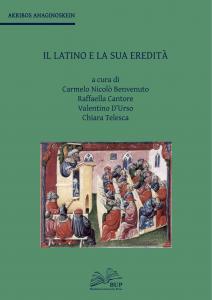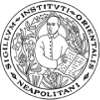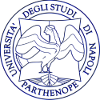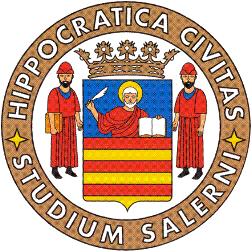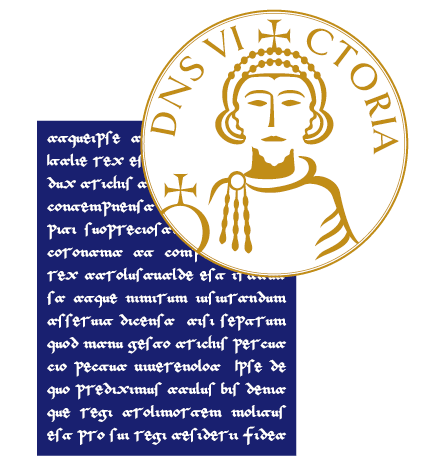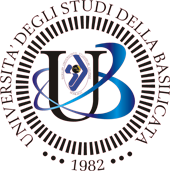Latin and Its Legacy
Keywords:
Latin Literature, Latin language, Latin classics, Medieval and humanistic latinSynopsis
Series: Akribos anaginoskein, 4
Pages: XXXIV, 431
Language: Italian
Published: 2025
ISBN: 978-88-31309-39-4
Abstract: What is the legacy of Latin in the contemporary world? How does this language—often deemed “dead”—continue to live on in culture, science, law, and literature? Spanning a trajectory from antiquity to the present day, this volume investigates Latin’s enduring role as a vehicle of knowledge, a tool of communication, and a symbol of cultural identity across the centuries. From cancel culture to legal terminology, from the Jewish inscriptions of Venosa to the language of medicine, from medieval rhetoric to Carolingian propaganda, the scholars gathered here demonstrate that Latin is far more than a schoolroom memory: it is a key to understanding the past and interpreting the present. A journey through words, texts, and ideas that reminds us how Latin remains, even today, a language capable of speaking to the future.
Downloads
